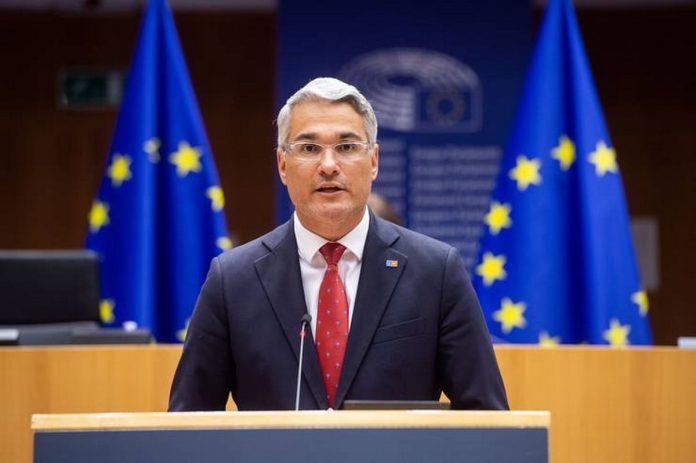Accessing funds has never been a problem for Romania, the challenge has been how to transform these funds into real projects or development, into something tangible for every citizen, Minister of European Investments and Projects Dragos Pislaru told a specialist event on Wednesday.
„I know that, under the current approach, where all kinds of agreements are being concluded, it may be tempting for some member states to continue alone and find a way to protect themselves on their own. But if we want to have sustainable growth and face global challenges, we need to act together. It is very important to understand that we need to look at how we use European resources and act with clear purpose. That is, many of us have policies that we test and want to see if they work, but if we look at Romania, accessing funds has never been a problem. The problem or the challenge has been how to transform these funds into real projects or development, into something tangible for every citizen. What is important now, not only in Romania, but for the European Union as a whole, is for people to try to trust the public authorities more. There is a certain level of distrust now, but in order to regain the people’s confidence, we need to send them more messages. We need to show them proof that we have developed in Romania, but in the European Union as well, and that the standard of living is increasing. To convey these messages more clearly, we need decisions that are based on evidence, not on emergencies,” Pislaru told the 14th edition of the Aspen – GMF Bucharest Forum event organized by the Aspen Institute in Romania.
He mentioned that there is a certain pressure on the budget, but on the other hand there are EUR 50 billion just waiting to be spent, of which EUR 13 billion under the NRRP.
He also emphasized that in Europe, power comes from being united, planning ahead and acting with a well-defined purpose.
„It is quite interesting that for more than half a century, through the Treaty of Rome, we have been able to act together and united. Now we are talking about unity, about actions carried out together. These things are extremely important, but I would like to talk about cohesion. You can guess that I will talk about cohesion policies, which are extremely important for a ministry like the one I lead, but I must say that this is an extremely important policy for the future if we want to overcome the challenges we are facing now,” Pislaru said, noting also that according to EU evaluations, the cohesion policy has played a vital role in accelerating development in the countries that joined in 2004 and 2007.
He also emphasized that cohesion is not just about supporting strong regions, but about enabling transformation in all areas – especially those less developed, and thereby maintaining Europe’s overall balance and unity. AGERPRES




